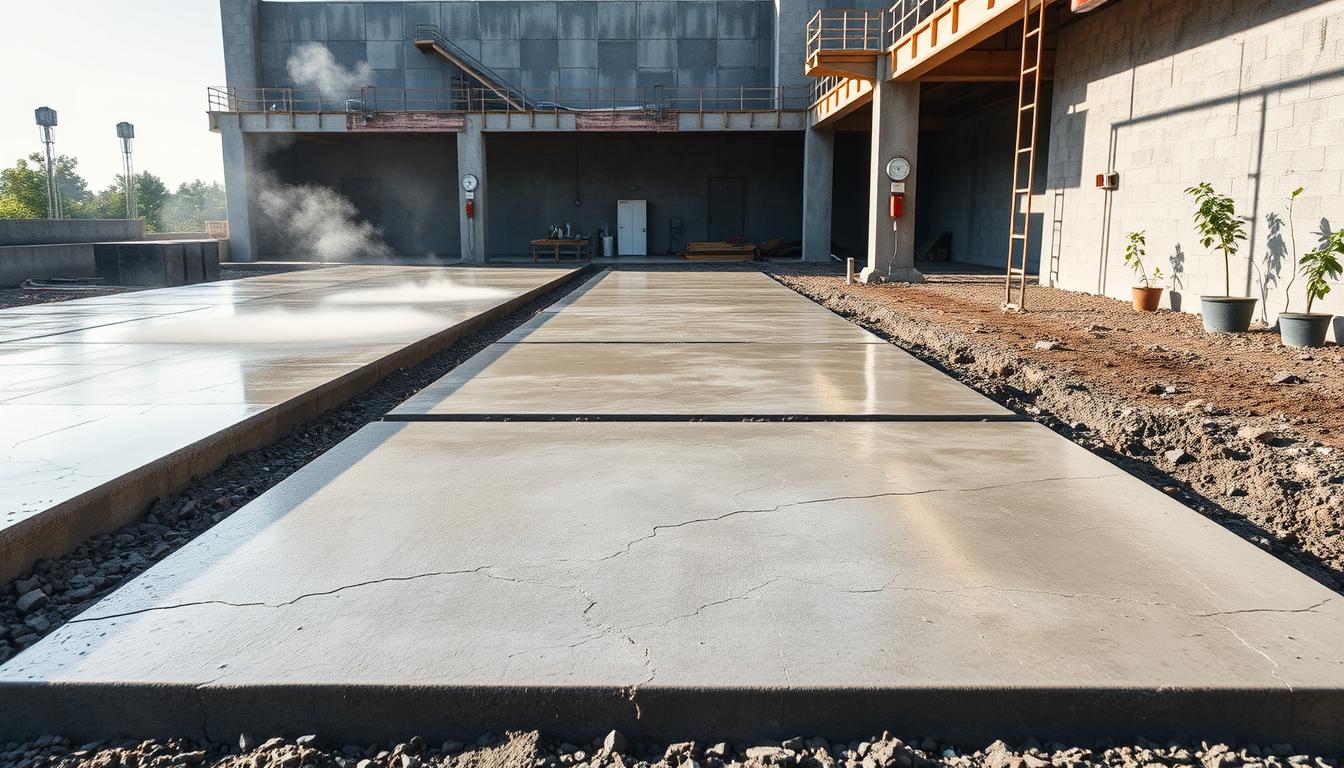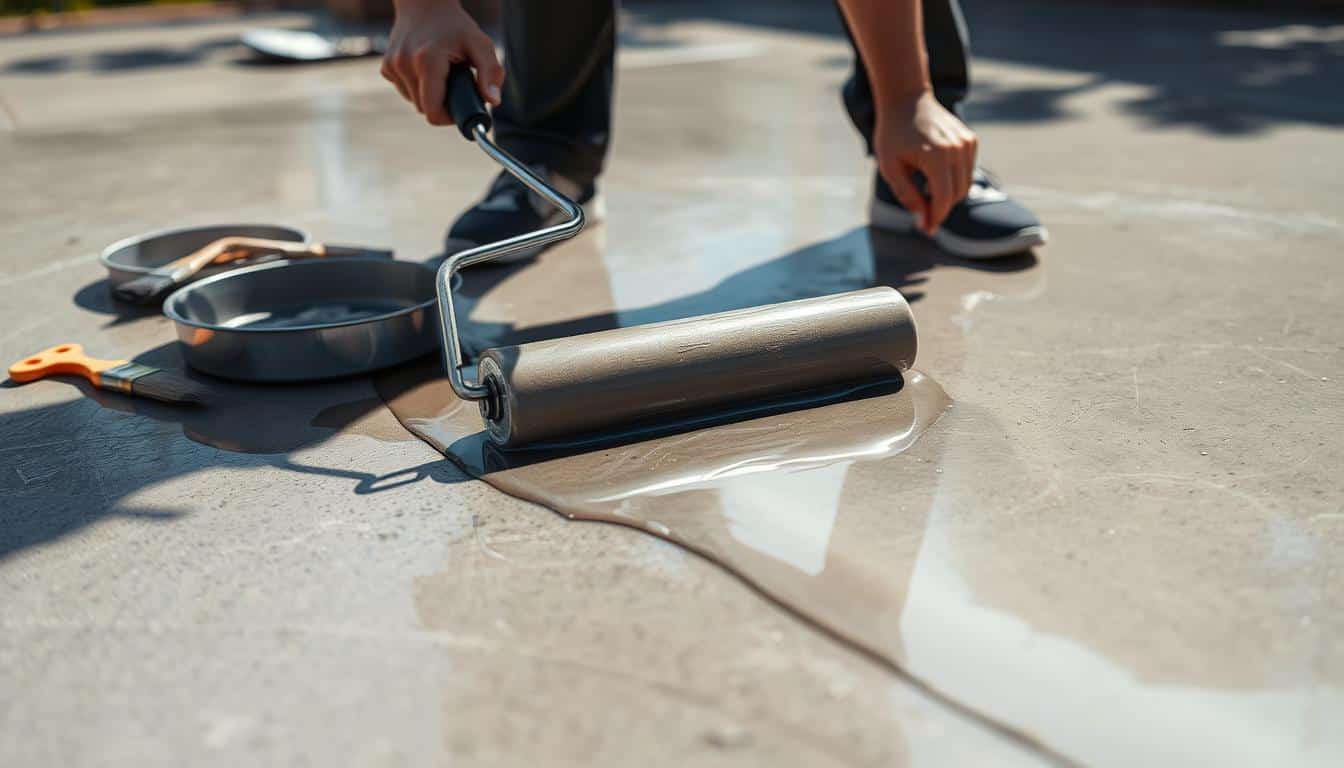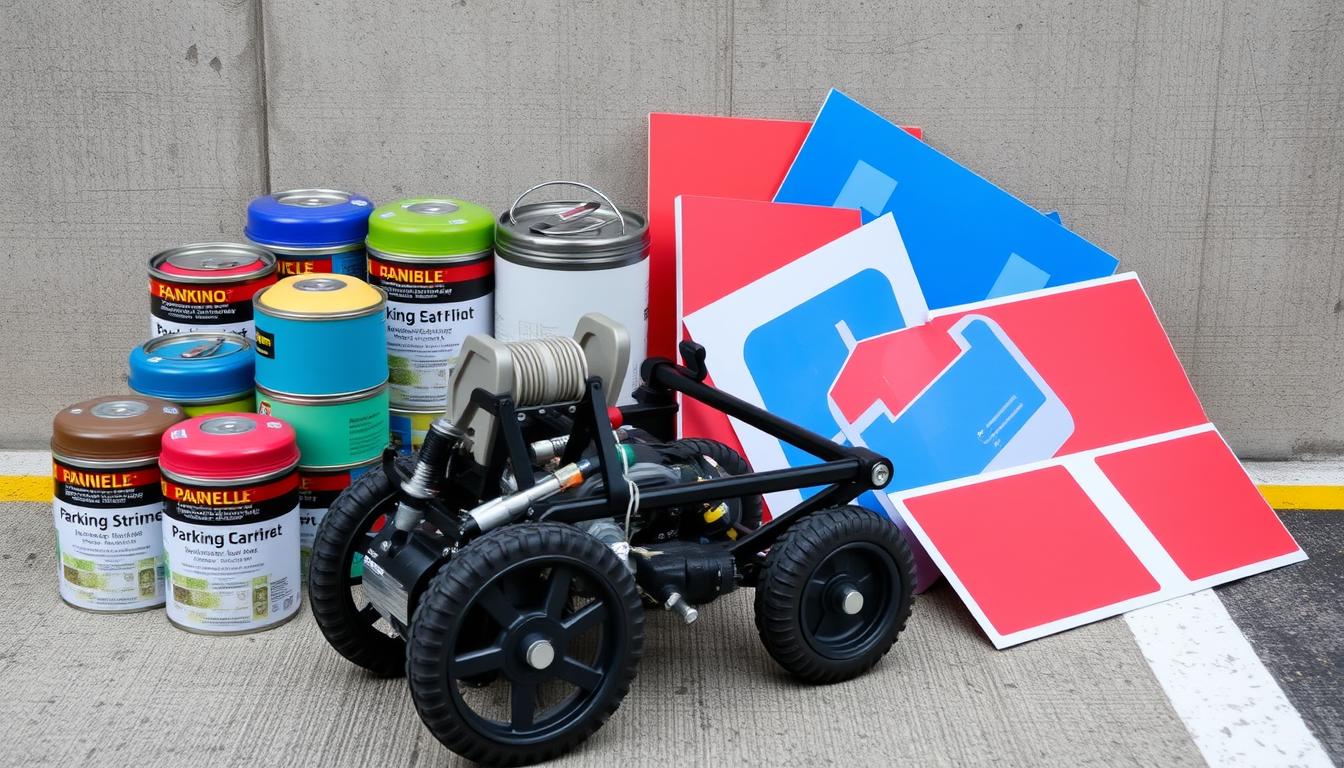Whether they own parking lots, highways, or driveways, every owner uses asphalt. It is a known fact that we produce a lot of asphalt—the number is an astounding 90 million tons. Not much is known about recycled asphalt, but however this is not a loss as asphalt can usually be used 100%. People wonder if recycled asphalt can improve the environment and the answer is yes. Let’s find out if this is true!
Key Takeaways:
- Using recycled asphalt cut down the costs of renovations in the long term while they look for new usage for the old asphalt.
- Using newer rehiring methods such as RAP limits the amount of materials needed for production.
- Colder methods of constructing the asphalt also cut down the amount of CO2 produced, the resources used, and the costs incurred.
- Recyclable methods developed through asphalt construction can reduce erosion caused by ice plants.
- Sustainability is central to HT Paving and every employee takes pride in repairing and constructing the asphalt as per the modern standards.
The Environment Impact of Using Recycled Asphalt
There are many ways to construct asphalt on the planet and the amount of GHG can be reduced—such as using asphalt reconstructing techniques.
It is important to limit the use of asphalt during the heat of construction. This limits the use of asphalt but significantly cuts down on petroleum use for every asphalt made.
Opting for asphalt which has been used already for paving roads is beneficial because it is environment friendly in a way that it minimizes construction energy consumption.
One more benefit of asphalt recycling is that it minimizes air and water pollution. Producing new asphalt has a negative impact on the atmosphere and the water resources.
However, recycling reduces the impact on nature even more, as fewer new resources are required, which reduces the total damage to nature.
Economically, asphalt recycling cheapens asphalt pavement projects. The construction material production is the main target of expense in road construction.
This means that using recycled asphalt is good for the completion of projects. Provided that builders can allocate money for other purposes.
Recycled asphalt cement also improves the pavement and makes it more durable. This makes the surface even smoother, helps pavement sustain longer, enhances driving safety and effectively drains water away from the surface of the road.
Asphalt Recycling: Harnessing the Benefits of Repeating Resources
Another strong trend in construction today is sustainability. An important part of this is recycling asphalt. This contributes to the development of a circular economy and limits the world’s natural resources’ depletion.
Recycled asphalt is not only beneficial for the planet. It also positively impacts on construction budgets and capacity of roads. In addition it is profitable – just a recommended option for new asphalt pavement projects.
Sustainable Approaches to Asphalt Paving
Asphalt paving is sustainable whenever its negative impact on the environment is reduced. It seeks to enhance the functionality of the pavement while maintaining an environmental focus. Such objective can be achieved through the application of reclaimed asphalt pavement (RAP) and warm mix asphalt (WMA) techniques.
Reclaimed Asphalt Pavement (RAP)
The use of reclaimed asphalt pavement (RAP) is also a beneficial practice in asphalt paving. Such method recycles old paved areas, retaining asphalt for use in new projects. This in turn reduces the extraction of fresh materials and conserves both the environment and costs. In addition, it enables paving to be more reliable and cheaper.
Pavement Preservation
How to keep pavements in good shape is also vital in paving that is sustainable. This involves preventing major road repairs where it is possible. It saves resources such as time, money and materials. Constant monitoring leaves roads in a better condition, protecting the environment and reducing costs.
Permeable Pavement
Permeable pavement is a type of pavement which allows water to pass through. It plays a role in preventing floods pollution which also allows water to be absorbed and aquifers to be replenished. Such an approach is beneficial to the environment as well as to our purse.
Warm Mix Asphalt (WMA)
Warm mix asphalt (WMA)
is a technologically advanced pavements that replace the traditional asphalt with a more green choice.
As a result of lower mixing temperatures, warm mix asphalt (WMA) reduces the energy required to produce hot mix asphalt and allows for less emissions. This means that potential material emissions into the atmosphere, in most situations, are reduced. This material can pose less danger to the natural world. WMA is quite effective in many ways, but it doesn’t require the same environmentally damaging production processes as hot asphalt does.
Below, image depicts a variety of pavement types including reclaimed asphalt pavement and permeable pavement. Warm mix asphalt (WMA) can also be used to shape the road.
The new concepts have positive implications not only on roads’ durability, but also on the quality of the climate. Overall, it lowers the demand for fresh construction materials. Sustainable technologies offer a promising way to address this challenge in the construction industry.
Conclusion
Changing to said methods of asphalt paving will change the game. For instance, existing pavements can be recycled and constructed using environmentally friendly techniques. Requalifying RAP as one of the resources is also a viable alternative for shoring up the environmental as well as the economic approach.
Sustainable paving helps materials to be used only when absolutely necessary and also drastically eliminates the amount of fresh materials and resources needed to create new asphalt. Besides paving asphalt concrete roads containing recycled aggregates without heating the mix can greatly reduce the emission of harmful effluents.
The world is ever-changing, as can be the concerns of most people. This has promoted a greater demand for, among other things, RUBBLE such as paving and recycling asphalt. And now, porous pavement and warm mix asphalt are among such newer methods. Such choices signify working toward an environmentally friendly road building in the times to come.
HT Paving is your best choice asphalt contractors in San Mateo CA and surrounding areas! Reach out to us today to book an appointment for your free estimate!






